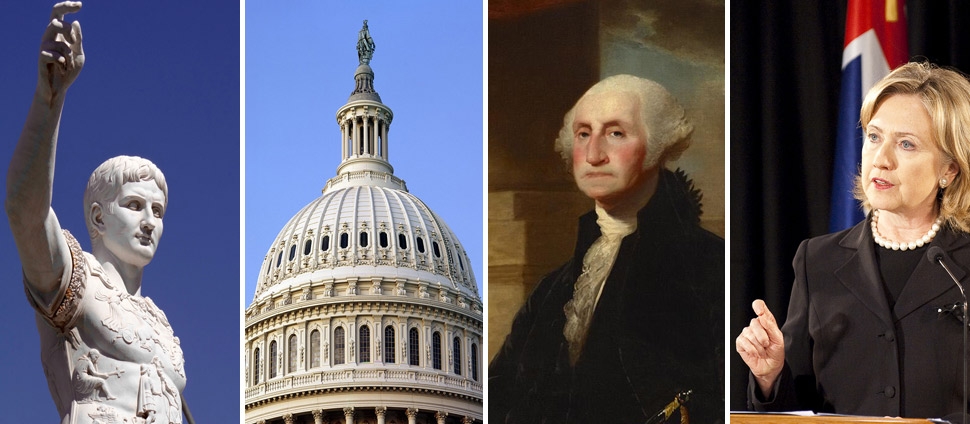
African Union Reform: Challenges and Opportunities
Files
Preview

Publication Source
The Palgrave Handbook of Diplomatic Reform and Innovation
Inclusive Pages
277–294
Creation Date
2-2023
Publisher
Palgrave: Springer Nature eBook
Document Type
Book Chapter
Description
Chapter Abstract:
This chapter considers institutional reform of the African Union (AU). There are three causes that limit the progress of institutional reform in the AU: first, are the internal political factors that impact leader’s ability to manage their positions in the region (clout); inconsistency in how AU leaders prioritize certain issues (commitment); and inconsistency in the application of AU rules and norms (credibility). Considering these “3Cs,” this chapter considers how issues of institutional design, informality, and a lack of civic involvement condition the progress toward institutional reform. This chapter examines two pathways to overcome reform challenges: (1) improved institutional synergy and a clear division of labor between the African Union Assembly Heads, the African Union Commission, and Regional Economic Communities; and (2) strengthening of diplomatic ties with domestic institutions and civil society through an empowered practitioner class. These pathways create the conditions for a more inclusive regional governance structure in Africa.
Book Summary:
In this handbook, a group of 40 scholars and practitioners from some 30 countries takes a critical look at the contemporary practice of diplomacy. Many assume diplomacy evolves naturally, and that state- and non-state actors are powerless to make significant changes. But Diplomacy's methods, its key institutions and conventions were agreed more than six decades ago. None take account of the opportunities and vulnerabilities presented by the Internet. Diplomacy is now a neglected global issue. The COVID pandemic and the invasion of Ukraine have highlighted some of the problems of diplomatic dysfunction. Beyond identifying current problems diplomacy is facing, the book also seeks to identify some practical options for reform and innovation. How might a process of reform be agreed and implemented? What role might the United Nations, regional organizations and Big Tech play? How can new norms of diplomatic behavior and methods be established in a multipolar, digital world where diplomacy is seen as less and less effective? Paul Webster Hare is Senior Lecturer in International Relations at the Frederick S. Pardee School of Global Studies, Boston University, USA. He was a diplomat for 30 years and British ambassador to Cuba from 2001 to 2004. Juan Luis Manfredi-Sánchez is Prince of Asturias Distinguished Visiting Professor at the School of Foreign Service, Georgetown University, USA, and Professor at the University of Castilla-La Mancha, Spain. Kenneth Weisbrode is Assistant Professor of History at Bilkent University, Turkey.


